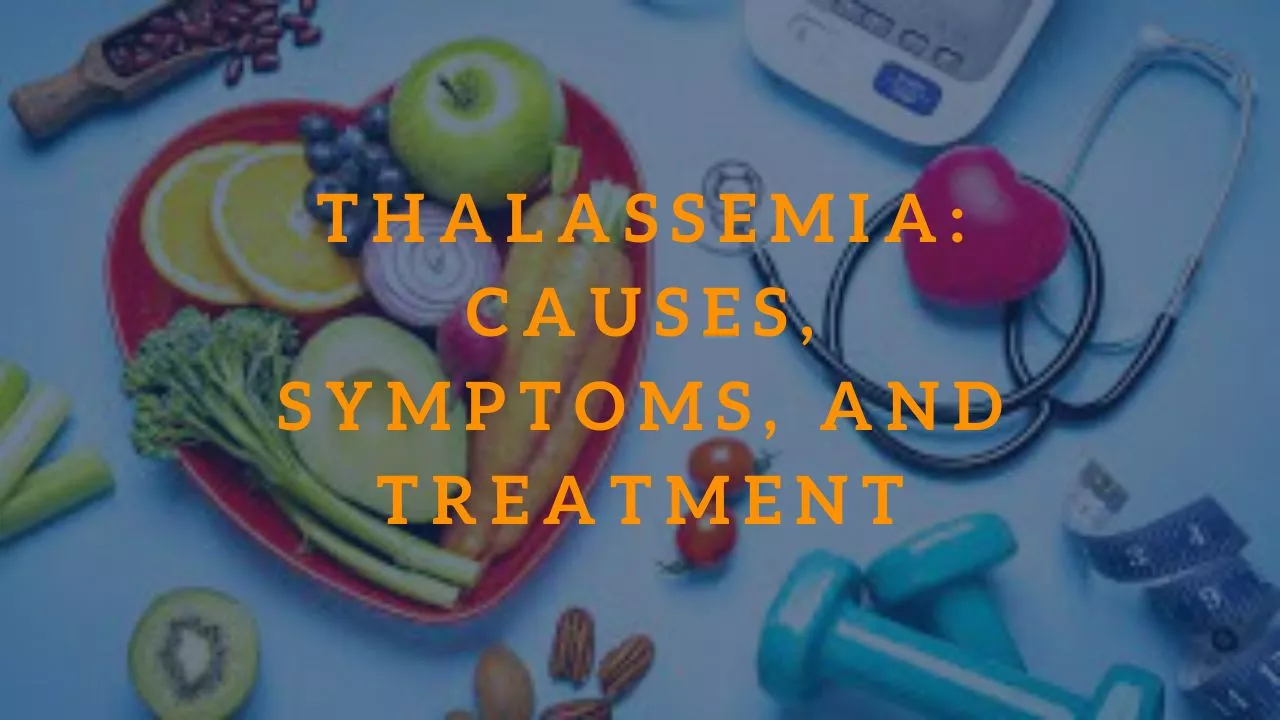Hello 1-GSM Visitors! Thalassemia is a genetic blood disorder that affects the production of hemoglobin, a protein in red blood cells that carries oxygen throughout the body. It is one of the most common inherited blood disorders worldwide, with an estimated 7% of the global population carrying the genetic trait for thalassemia. In this article, we will explore the causes, symptoms, and treatment options for thalassemia.

Causes of Thalassemia
Thalassemia is caused by mutations in the genes that control the production of hemoglobin. There are two types of thalassemia: alpha thalassemia and beta thalassemia. Alpha thalassemia is caused by mutations in the HBA1 and HBA2 genes, while beta thalassemia is caused by mutations in the HBB gene. Thalassemia is inherited in an autosomal recessive pattern, which means that a person must inherit two copies of the mutated gene (one from each parent) to develop the condition.
In regions where thalassemia is common, such as South Asia, the Middle East, and the Mediterranean, people may carry the genetic trait for thalassemia without showing any symptoms. However, if two carriers have a child, there is a 25% chance that the child will inherit two copies of the mutated gene and develop thalassemia.
Symptoms of Thalassemia
The symptoms of thalassemia vary depending on the type and severity of the condition. People with thalassemia may experience fatigue, weakness, pale skin, jaundice, delayed growth and development, and bone deformities. In severe cases, thalassemia can lead to heart failure, liver disease, and other complications.
Alpha thalassemia is generally less severe than beta thalassemia. People with alpha thalassemia may have mild anemia and no other symptoms, or they may experience more severe symptoms such as fatigue, weakness, and jaundice.
Beta thalassemia is more severe than alpha thalassemia. People with beta thalassemia may have moderate to severe anemia, and may require blood transfusions to manage their symptoms. Over time, repeated blood transfusions can cause iron overload in the body, which can lead to organ damage and other complications.
Treatment for Thalassemia
There is currently no cure for thalassemia. However, there are several treatment options available to manage the symptoms of the condition.
Blood transfusions are often used to treat moderate to severe thalassemia. During a blood transfusion, a person receives healthy red blood cells from a donor. This can help to alleviate anemia and improve the body’s oxygen-carrying capacity.
Iron chelation therapy is also used to manage thalassemia. Iron chelation therapy involves the use of medication to remove excess iron from the body. This can help to prevent organ damage and other complications associated with iron overload.
Bone marrow transplantation is a potential cure for thalassemia. This procedure involves replacing the patient’s bone marrow with healthy bone marrow from a donor. However, bone marrow transplantation is a complex and risky procedure, and is only recommended for people with severe thalassemia who have a suitable donor.
Conclusion
Thalassemia is a genetic blood disorder that affects the production of hemoglobin. It is caused by mutations in the genes that control the production of hemoglobin, and is inherited in an autosomal recessive pattern. The symptoms of thalassemia vary depending on the type and severity of the condition, and can range from mild anemia to severe complications such as heart failure and liver disease. There is currently no cure for thalassemia, but there are several treatment options available to manage the symptoms of the condition. These include blood transfusions, iron chelation therapy, and bone marrow transplantation. If you or someone you know has thalassemia, it is important to work closely with a healthcare professional to develop a treatment plan that meets your individual needs.
See you again at our other interesting article!
